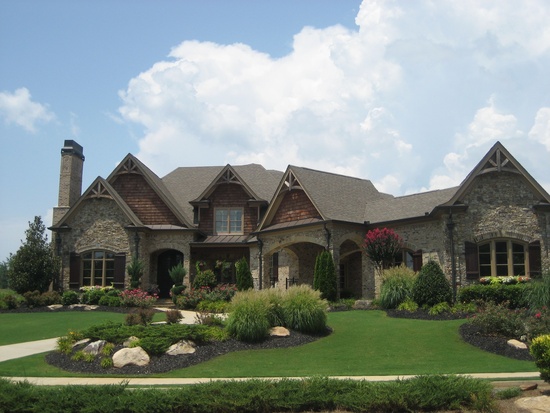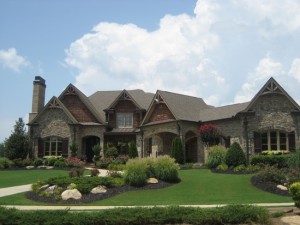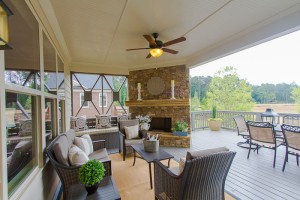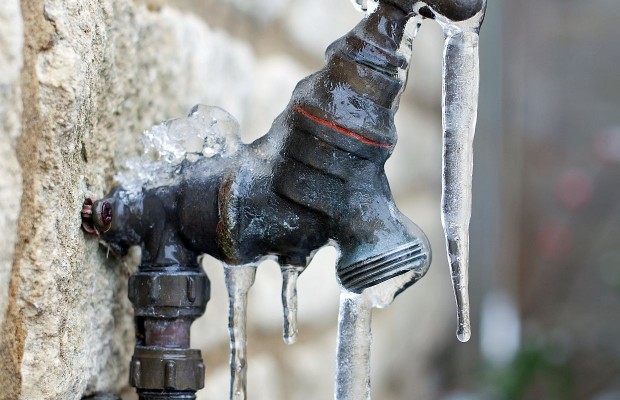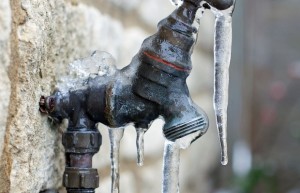From the low 500’s, this luxurious gated community boasts a country club lifestyle, complete with a recently renovated community clubhouse, pool, and tennis complex; however, as part of The Manor Golf and Country Club, all residents will also gain access to the Tom Watson-designed championship golf course, both indoor and outdoor pools, and the state-of-the-art exercise and tennis facility.
LOCATION
Located on the beautiful sprawling acres just off Hopewell road in Alpharetta, Manor North is conveniently near an array of top dining and shopping establishments, including The Collection at Forsyth and Avalon, as well as Northpointe Mall. In addition, a whole host of outdoor recreational activities can be found nearby, to include Lake Lanier, the Big Creek Greenway, Fowler Park, and the Chattahoochee River National Recreation Center. For those residents seeking an easy commute into Atlanta, GA 400 is minutes away, along with GA 20 and several Marta stations.
SCHOOLS
For families with children, Manor North is within the Cherokee County school district—which is one of the best districts in the state—and is near Free Home Elementary, Creekland Middle School, and Creek View High School. Nearby private schools include King’s Ridge Christian School, Alpharetta International Academy, Chandler Academy, and St. Francis School.
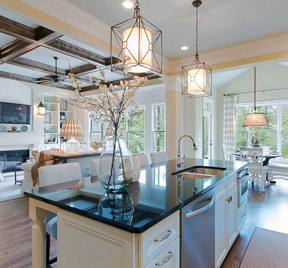 INTERIOR DESIGN FEATURES
INTERIOR DESIGN FEATURES
Each home is artfully designed around an open floor plan with an abundance of natural light, and comes standard with granite countertops in all baths as well as the kitchen. 10-foot ceilings round out each main level, along with hardwood flooring, a grand entryway, and a 42-inch direct vent gas fireplace. Stainless steel appliances can be found in each kitchen, along with tile backsplashes, crown molding, stained solid maple wood cabinets, and recessed lighting.
The owner’s suite includes spacious walk-in closets, as well as vaulted ceilings, double vanities, and an elegant garden tub, while the private guest suite keeps your visitors feeling welcomed and comfortable.
EXTERIOR DESIGN FEATURES
Each home features a traditional and craftsmen style design using brick, natural stone, and siding variations, along with standing seam metal porch roofs and professional landscaping packages. A three-car garage comes standard on each property and a gorgeously constructed deck with stairs is included on the rear of each house.
To learn more about the community, please feel free to visit their website at http://www.eahomes.com/communities/manor-north/ or contact their sales center at 678-738-7611.
If you would like the assistance of an experienced agent or to schedule a viewing, please feel free to contact me.
Marie Dinsmore | The Dinsmore Team | www.dinsmoreteam.com | 770-712-7789
